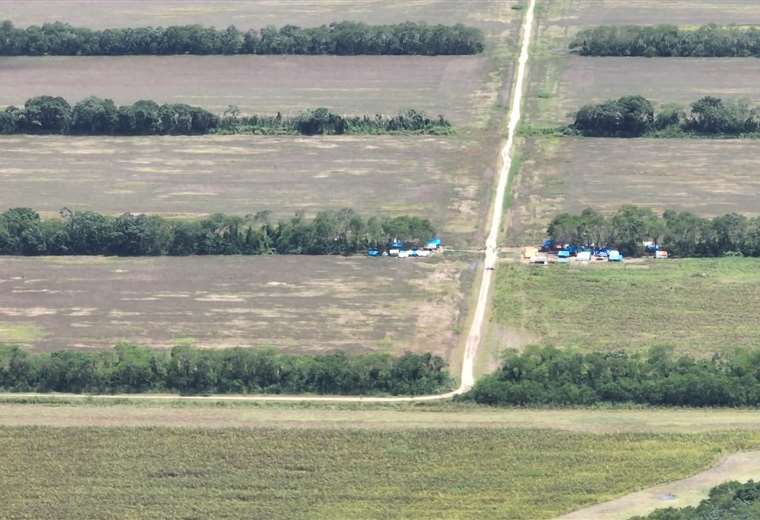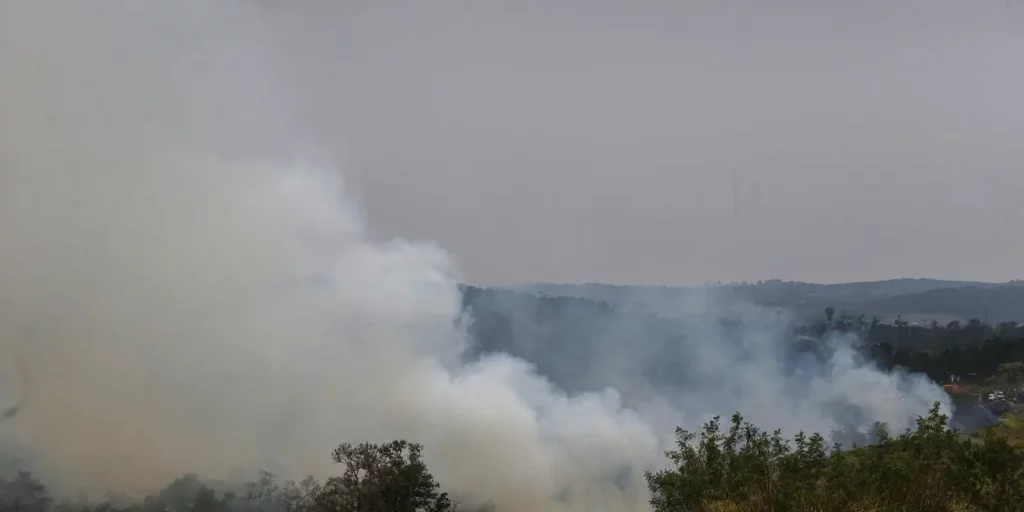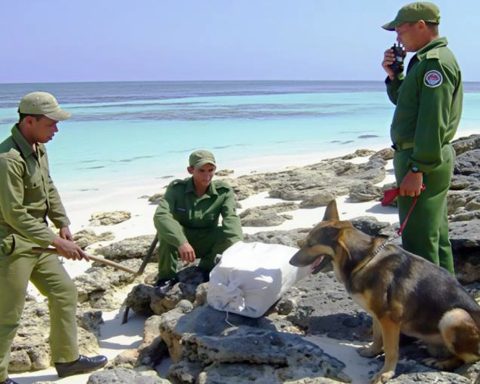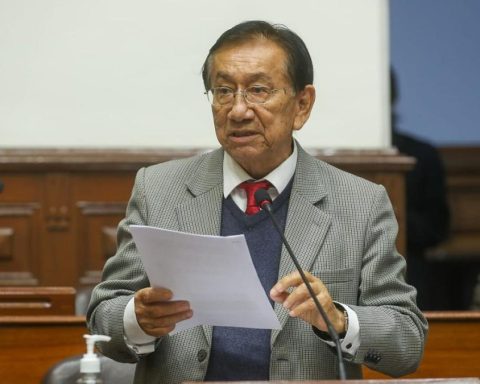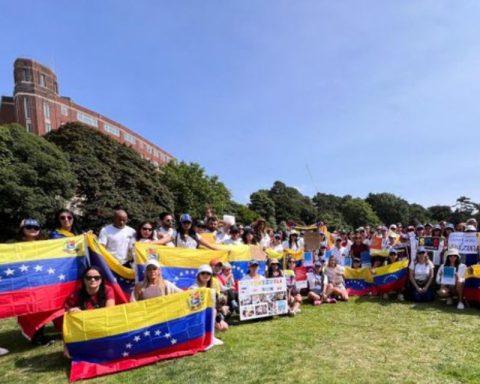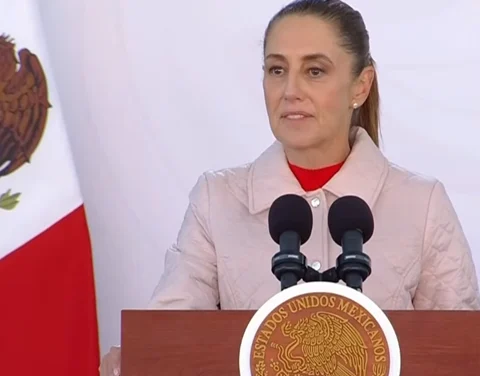September 16, 2024, 1:26 PM
September 16, 2024, 1:26 PM
The recent refusal of the Chamber of Deputies to approve a $40 million loan from the Inter-American Development Bank (IDB) will delay the sanitation process of 7.4 hectares of land in the country’s nine departmentssaid the Minister of Rural Development and Lands, Yamil Flores, according to a report by the state agency ABI.
The loan was rejected on Friday during a session of the Legislative Assembly. According to the authority, the approval of this loan is key to moving forward with the titling of pending lands. However, it did not get the necessary support from legislators.
The Minister of Development Planning, Sergio Cusicanqui, who defended the approval, explained that there is still a “surface area pending titling of around 7.5 million hectares.”
The objective of the proposed program was to advance the titling of all of these hectares, which have not yet completed their legal process.
“This is the work that will be carried out based on what is established within this program,” said Cusicanqui.
From 1996 to 2024, the National Institute of Agrarian Reform (INRA) has managed to title approximately 95.8 million hectareswhich represents 93% of the territory subject to sanitation. However, there are still 7.4 million hectares to be sanitized, a task that, after the rejection of the loan, remains without sufficient financing.
Deputy Omar Yujra, from the Movement Towards Socialism (MAS), explained that these 7.4 million hectares pending represent approximately 1.5 million titles and would benefit around 3 million people.
At the departmental level, the percentages of lands with title vary, with Chuquisaca leading with 96% of lands already titled, while La Paz faces a backlog of 21%; followed by Cochabamba with 8%, Oruro with 4%, Potosí with 2%, Tarija with 9%, Santa Cruz with 5%, Beni with 8% and Pando with only 1% pending titling.
Of this remaining 7%, 18% corresponds to community property.; 16% to medium-sized companies; 10% to small properties; 24% to unavailable fiscal land and 5% to available fiscal land.
This delay in the regularization process will have implications for both the owners and the communities that depend on the regularization of their lands to obtain legal security and access to resources.
